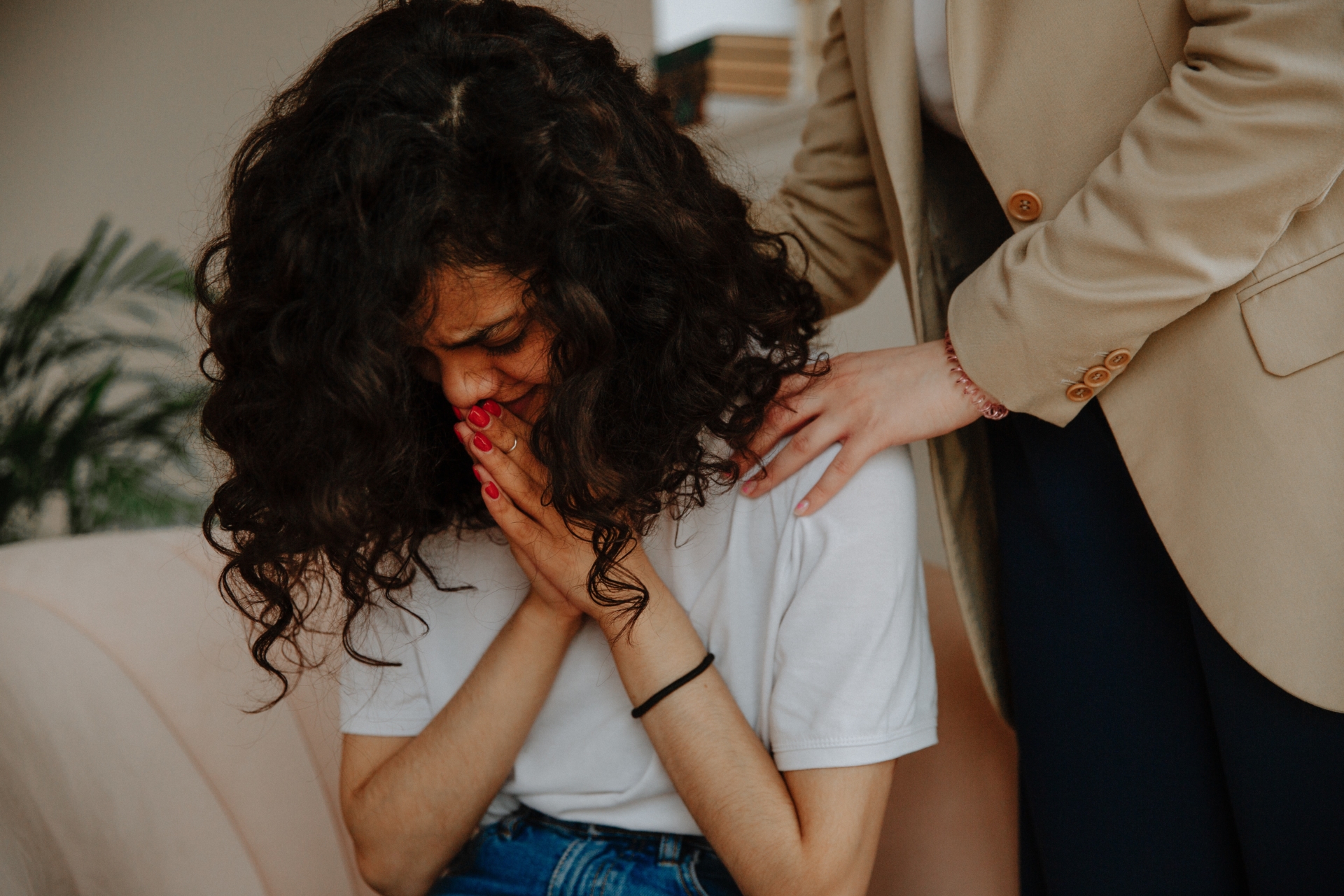Mary-Frances O’Connor, Ph.D., is a researcher and professor of psychology at the University of Arizona. For more than 20 years, she has been focused on understanding emotions – primarily as they relate to those who have lost loved ones. Now, O’Connor wants to better understand how people who have lost loved ones during the pandemic experience grief.
With the support of a $20,000 grant from Arizona’s Institute for Mental Health Research, she will turn her attention to the plight of the estimated 5 million Americans who wrestle with grief and loss following the COVID-related death of a loved one.
READ ALSO: How nonprofit leaders pushed through pandemic to do the most good
“Deaths due to COVID-19 can complicate grieving for many reasons,” said O’Connor. “The death may have been sudden or unexpected. Family members may have been unable to see their loved one in their final hours. Traditional rituals of bereavement may have been forbidden, and guilt can arise from the ‘what if’s’ and the ‘would’ve, could’ve, should’ve’s’,” said O’Connor. Due to the transmissible nature of the virus, some families may have also lost several loved ones in a short amount of time.
O’Connor and other researchers believe that this lack of closure may increase the incidence of Prolonged Grief Disorder. Gaining a better understanding of the factors involved will lead to more effective prevention strategies and treatments.
Sociologists have estimated that for every death lost due to COVID-19 in the US., an estimated nine bereaved family members remain. Those who have suffered a loss during the pandemic are likely to be at elevated risk for depression, suicide and prolonged grief disorder.
O’Connor’s Grief, Loss and Social Stress (GLASS) lab at the University of Arizona will survey bereaved community members, looking for predictors of prolonged grief outcomes, with particular attention to the circumstances of the loss. Longitudinal surveys will distinguish acute from chronic grieving, and capture depression, suicidality, increased stress reactivity, and consequent deficits in daily functioning – all with the goal of helping clinicians arrive at more effective treatments.
O’Connor will present “Grief in the Time of COVID,” a free webinar on Thursday, July 8 at 11 a.m. Registration is available at https://www.imhr.org/webinars
“We created the COVID Mental Health Research Impact Fund last year when it was clear to us that the pandemic was likely to ignite a second, parallel pandemic – the unseen, yet dangerous, effects to our mood, emotion and brain,” said Mitzi Krockover, M.D., board president of the Institute for Mental Health Research (IMHR). The organization has an ambitious goal of raising $1 million by 2022.
“Our goal has been to amplify our funds and direct them to areas of greatest need,” she said. “A local philanthropist has offered a $50,000 matching grant, so we are working hard to attract the funds we need before the match deadline of June 1.”
According to IMHR’s Chief Science Officer Keith Crnic, Ph.D., “Arizona has a plethora of qualified researchers who are eager to tackle the mental health challenges created by the pandemic.”
In fact, grant applications received recently by IMHR are so compelling that the organization is seeking funds to support two additional studies. One seeks to address the rise in substance abuse disorders among college freshmen who entered their university career during the pandemic. Another will explore questions surrounding the connection between COVID-19 and severe psychotic events.




